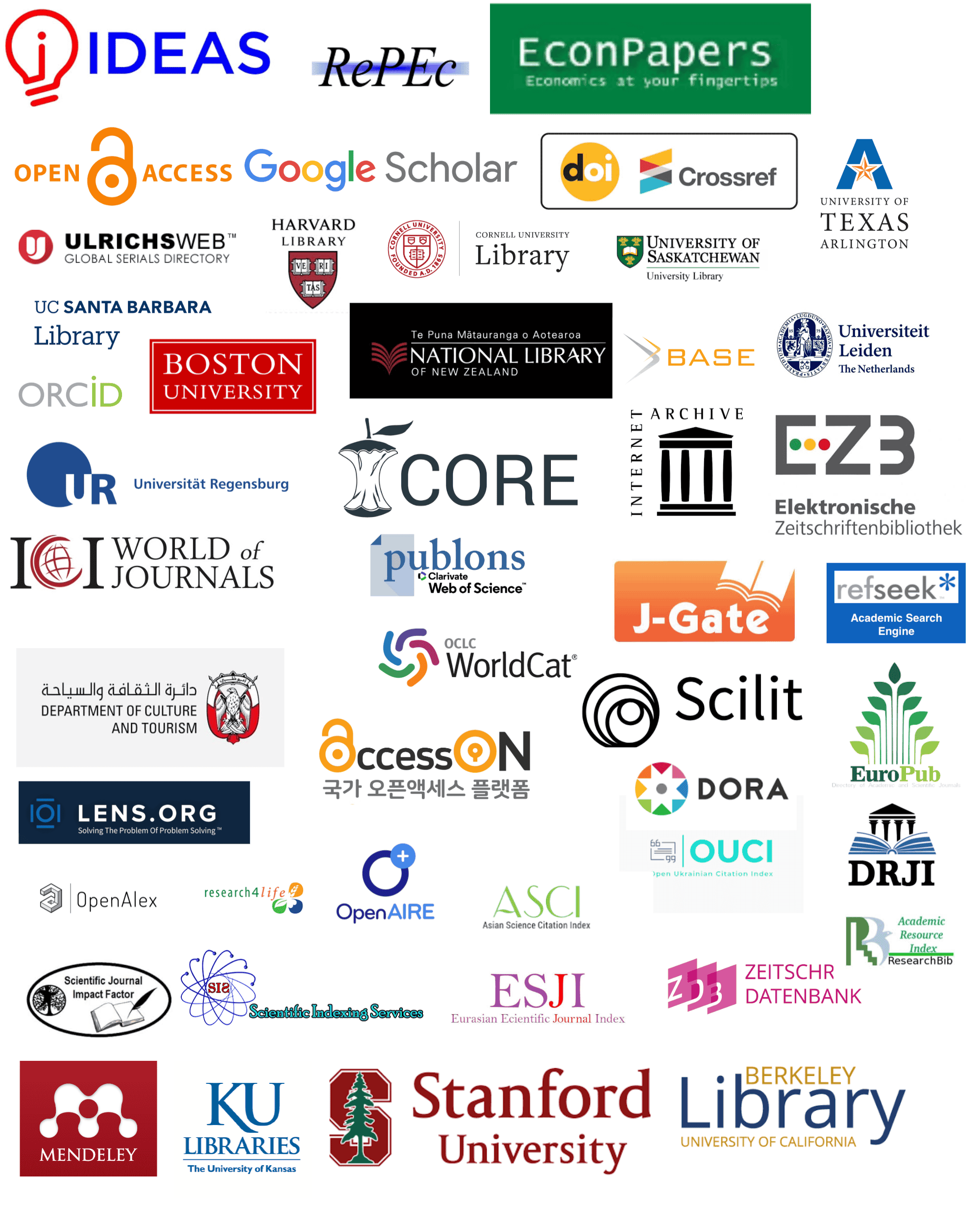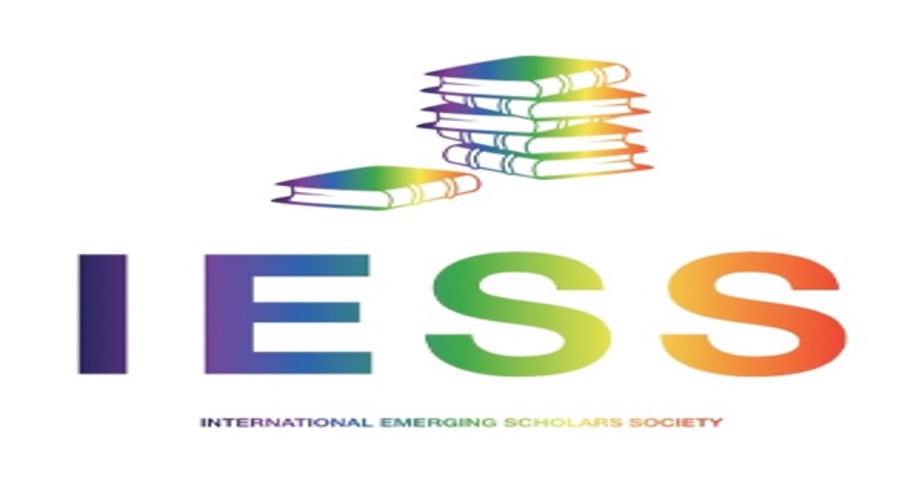Environmental Accounting and Sustainable Development of Firms in Rivers State, Nigeria
DOI:
https://doi.org/10.56879/ijbm.v3i1.36Keywords:
Environmental Accounting; Waste Management Cost; Ecological Sustainable Development, Economic Sustainable Development; Rivers State, Nigeria.Abstract
Within the scope of the research, environmental accounting and sustainable development were explored in relation to oil and gas firms located in Rivers State, Nigeria. There was a correlational survey research design used for the investigation. A total of six oil and gas businesses that were active in the Rivers State Region of Nigeria were included in the study's research population. For this particular investigation, secondary data served as the instrument. Statistical Package for the Social Sciences (SPSS) Version 22 was used in order to do the analysis on the data. A simple bivariate regression analysis was performed at a significance level of.05. The research issues were evaluated using the mean and standard deviations, and hypotheses were assessed using the analysis. The data indicated that there is no substantial connection between the cost of waste management and the ecologically sustainable growth of oil and gas businesses in Rivers State, Nigeria. Additionally, there is a strong significant association between the cost of pollution control and the development of ecological sustainability, as well as a strong significant relationship between the cost of pollution control and the development of economic sustainability for oil and gas businesses in Rivers State, Nigeria. By adhering to social responsibility in waste management, oil and gas firms should put a premium value on initiatives that are focused towards reducing their ecological footprint and promoting sustainable growth while also reducing their environmental impact.
Downloads
Published
Issue
Section
License
Copyright (c) 2024 Chidinma Edith Tite, Emeka Ene, Saheed Lateef (Author)

This work is licensed under a Creative Commons Attribution 4.0 International License.


